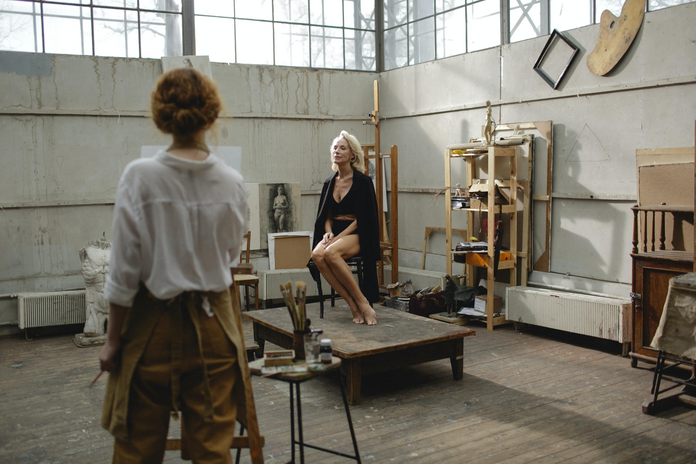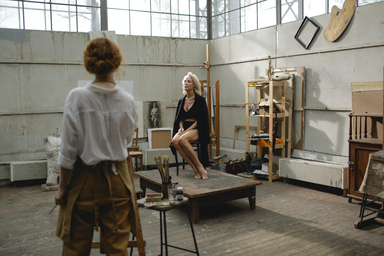You’ve got to read the Who Is the Bad Friend? article published by The New York Times. UC Irvine students have free access, and if you aren’t able to open it then privately message me (I got you). Enter the Bad Art Friend discourse on Twitter and understand the niche publishing memes.
Okay, enough time has passed. If you’ve read it, let’s discuss. If you haven’t, I’m going to discuss it anyway. This article was a wild ride. The author is dealt a deck of cards, strategically revealing each one to blow our minds. To recap, the article follows the impending civil lawsuit between two writers: plaintiff Dawn Dorland, and defendant Sonya Larson. First centered about lacking recognition for Dorland’s kidney donation, the narrative is turned on its head as Larson crafts the event into a book about white saviorism, then debates the fine line of artistic license. Gaslighting, sabotage, and revealing group chat messages ensue.
Both these people make such shitty decisions. It’s all so terribly humanizing.
Much like Sonya Larson, we’ve all said and done shitty things in our lives. We too might blow off steam in group chats — although as we’re learning, this may not be the best idea in case we get subpoenaed in the future. Like Dawn Dorland, it’s understandable to not only practice kindness, but want to be recognized and perceived as kind. Should we consider that we need to stop caring so much about what people think?
As individuals, we are complicated and are unlikely to be vocal about our cognitive dissonance. Relationships can be messy, especially between people who do not communicate and engage in selfish behavior. As individuals, and as a collective, we continue to learn every day. It’s an effort to unlearn some things too. Both people involved in this case refuse to admit fault, which is going to affect so many others. The future of art copyright law is in their hands because of their previously disputed but currently contentious relationship.
People may not realize that it is okay to be wrong. I must advocate for an extreme opinion: normalize villainizing yourself! Recognize toxic habits you have, harms you’ve caused, and seek to correct these behaviors. By claiming to be a “good person,” you may fail to realize that you can still cause harm even though you have good intentions. The perception of responsiveness tailored for the recipient’s goals matters more than objective social support (source). Recognize that being “good” isn’t an identity or ideology, but a practice. Even then, you can’t please everyone. Self-awareness and authenticity are better than putting on an act. Don’t put on a performance of kindness then expect an applause.
It’s okay to be a hater, people will criticize you either way. It’s more sustainable to recognize what is “you” — what is realistically applicable and in tune with your values — and try fixing any toxic behaviors you have. Hot girls set boundaries and advocate for their needs.
As young adults navigating transitional spaces and constantly meeting new people in college and in the professional world, our main takeaway from the civil suit written about in the article could be that we need to adjust our expectations from people we may or may not consider our friends. Friendship isn’t transactional. What Dorland and Larson owe each other is literally up for debate. As much as I like to follow the Golden Rule — treat people the way you want to be treated — I never know if other people will respect that same actuation. With that, you need to know how to stand up for yourself and when to cool off or back down. Sometimes a relationship will never reach that point of close emotional intimacy, but it’s worth learning about your apology love language because harm can happen at any stage. Understand how you prefer to heal from being hurt in your relationships, and avoid being sued.
Referenced Sources:
Kolker, R. (2021) Who is the bad art friend? The New York Times. from https://www.nytimes.com/2021/10/05/magazine/dorland-v-larson.html.
Miller, R. (2017) Intimate Relationships 8th Edition. ISBN-13:9781259870514


